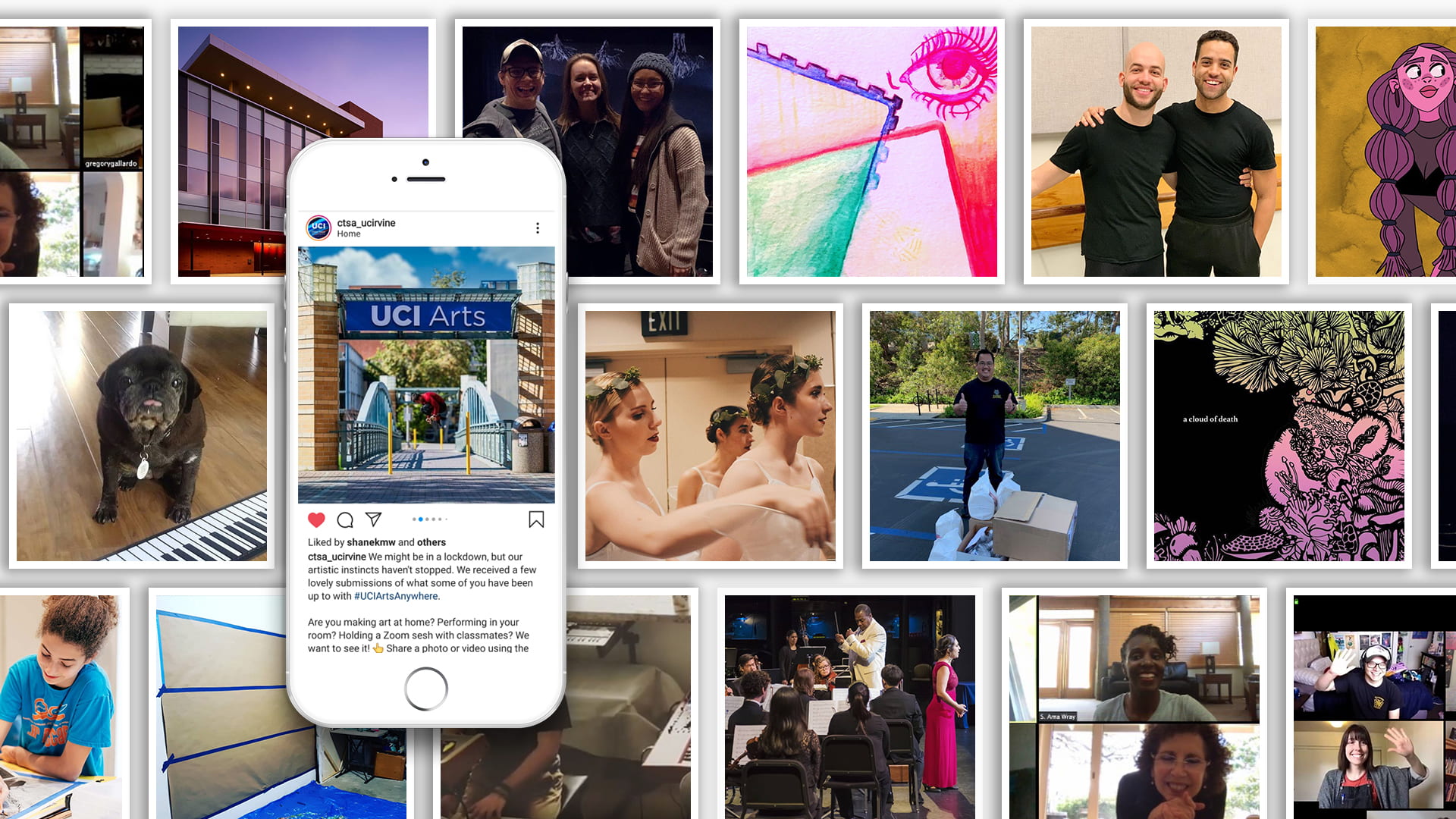Citizenship & the University
Humanities Out There
“When several villages are united in a single complete community, large enough to be nearly or quite self-sufficing, the state comes into existence, originating in the bare needs of life, and continuing in existence for the sake of a good life.”
— Aristotle, on the definition of a political community
A community, according to Aristotle, is established when several smaller social units – villages, themselves composed of families – come together to meet the basic needs of human survival.
In developing the social ties of communication and mutual reliance necessary to meet those needs, the community begins to strive for something more than mere survival: It aims for what Aristotle calls “the good life.”
The good life offers not only a higher material standard of living, it also encompasses the opportunity – borne of leisure time – for intellectual growth and self-development, what the Greeks called “philosophy.”
A community, then, is a union of groups of people who join together to achieve material and intellectual ends they could not accomplish – or perhaps even imagine – on their own.
A local perspective
The “villages” that make up Orange County, however, do not cohere in a single community united by common goals. Our towns are increasingly divided by economic and educational disparity and deep differences in language and culture.
The leisure that Aristotle saw as a precondition for the good life is unevenly distributed, and in the inverse pockets of privilege and unemployment where leisure does appear, it is rarely used for anything resembling philosophy.
Humanities Out There (HOT), a School of Humanities outreach program to local schools, takes Aristotle’s ideal of community as its goal, but within today’s environment of social and economic fragmentation and the decline of general and civic literacy. The program was founded in 1997 in response to the end of affirmative action and out of a sense of urgency concerning the state of literacy in communities both on- and off-campus.
At the heart of HOT is the idea of the “literacy triangle,” designed to rearticulate Aristotle’s ideals within today’s landscape. The triangle consists of basic literacy, cultural literacy and multicultural literacy.
The first component, basic literacy, is the pursuit of fluency in the foundational skills of reading and writing. These skills must be developed on challenging and significant content if they are to be effectively internalized for a lifetime of learning, economic independence and civic participation. Without them, no life at all – let alone the good life – can be maintained in comfort and stability.
Cultural literacy comprises the major texts and documents of Western civilization (including Aristotle’s Politics). The ideas and problems embodied in these works provide the basis for a common conversation among the participants in HOT’s educational community.
Yet, Western civilization studied apart from its contact and conflict with minority voices and alternative modes of life can quickly turn into sloganism, draining from classic texts the innovative and provocative qualities that gave them their importance in the first place. Our workshops, therefore, also emphasize multicultural literacy, which studies minority, non-Western, and oppositional cultures and movements both apart from and in conjunction with Western texts, ideas and historical forces.
Taught together, the three elements of the literacy triangle should dynamically reinforce and expand each other. Critical thinking is the means of this expansion – the cognitive companion to linguistic fluency, and the set of rational choices that allows the processes of comprehension and composition to flower fully.
HOT’s distinctive workshop structure involves graduate students, undergraduates, teachers and K-12 students working together on specific topics. The structure enables participants to take responsibility for their learning and knowledge by becoming active collaborators in the learning process, rather than passive recipients of a predetermined educational program.
Graduate student workshop leaders become program designers, administrators, supervisors of tutors and teachers in the classroom. Undergraduate tutors take charge of their own knowledge by finding ways to create that knowledge in others, through Socratic questioning, critical responsiveness to student writing and sensitive management of group dynamics. Teachers enter into collaboration with faculty and graduate students, building new connections with the research mission of the university.
And K-12 students, working in small groups with undergraduate tutors, are inspired to take a more active role in their cognitive and creative growth, becoming authors – not just pupils – in the execution of writing assignments that require both collective discussion and independent thought.
Through its curricular principles and workshop structure, HOT aims to jump-start an ongoing process of productive interchange among the diverse members of a cross-school, cross-county and cross-cultural educational community.
If then, in Aristotle’s political definition, citizens rule and are ruled in turn, HOT’s educational goal is to have students become teachers, teachers become students, and both teachers and students become leaders of themselves, of others – and of learning itself.

